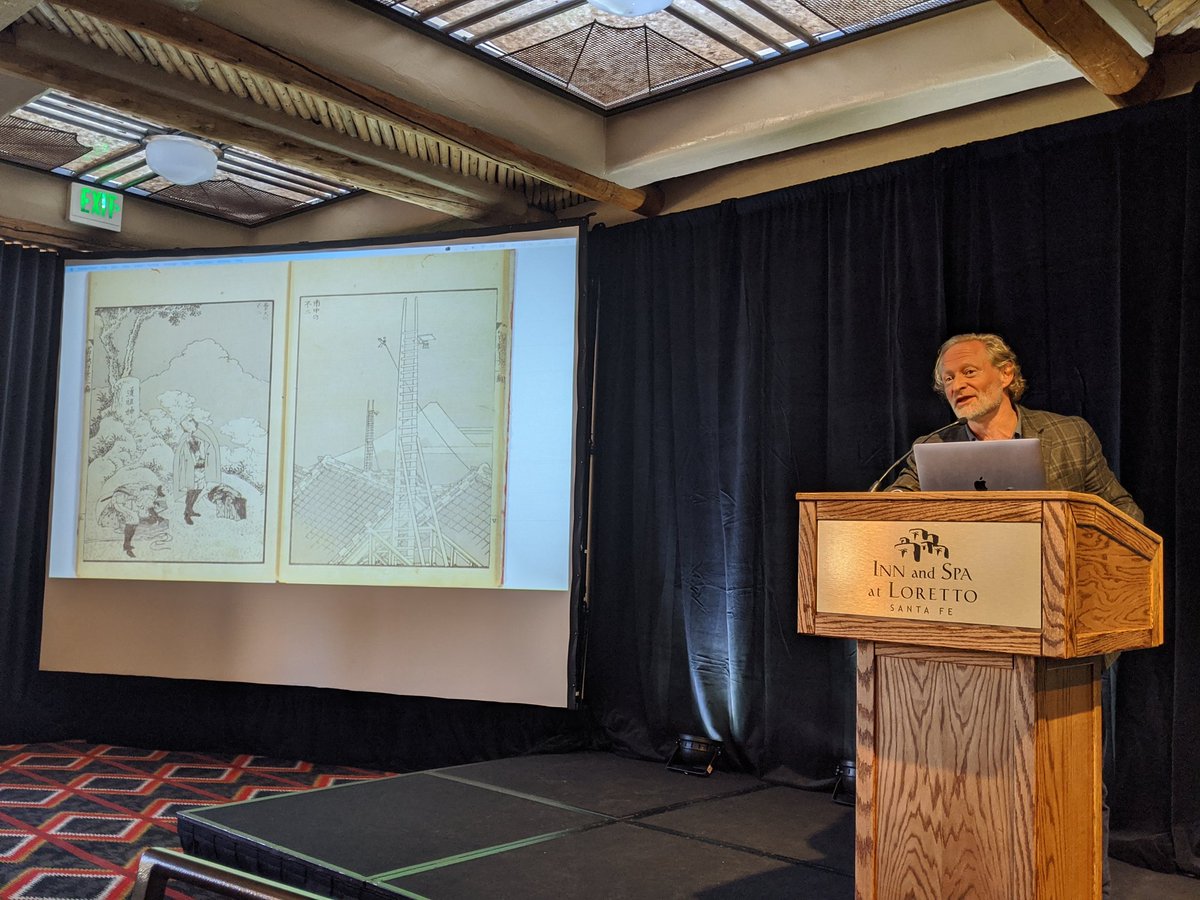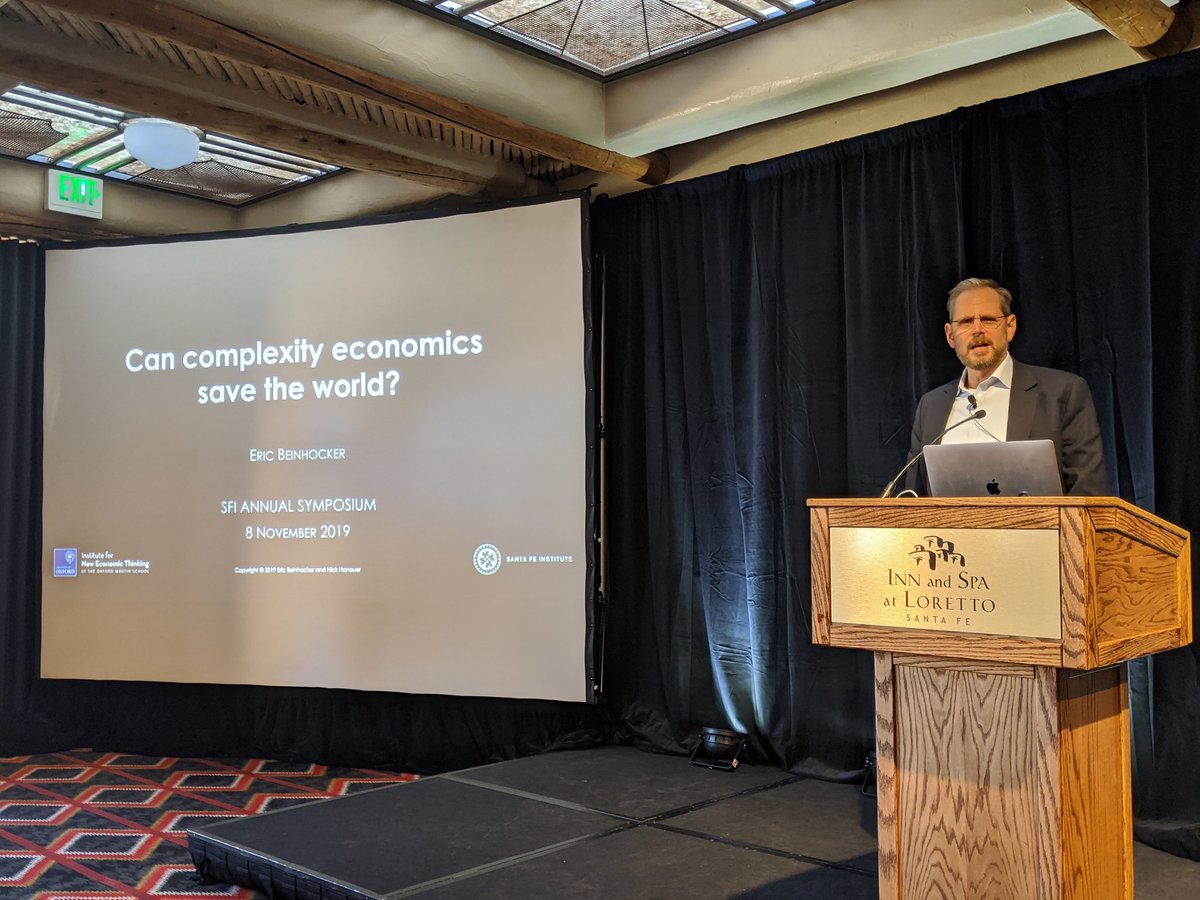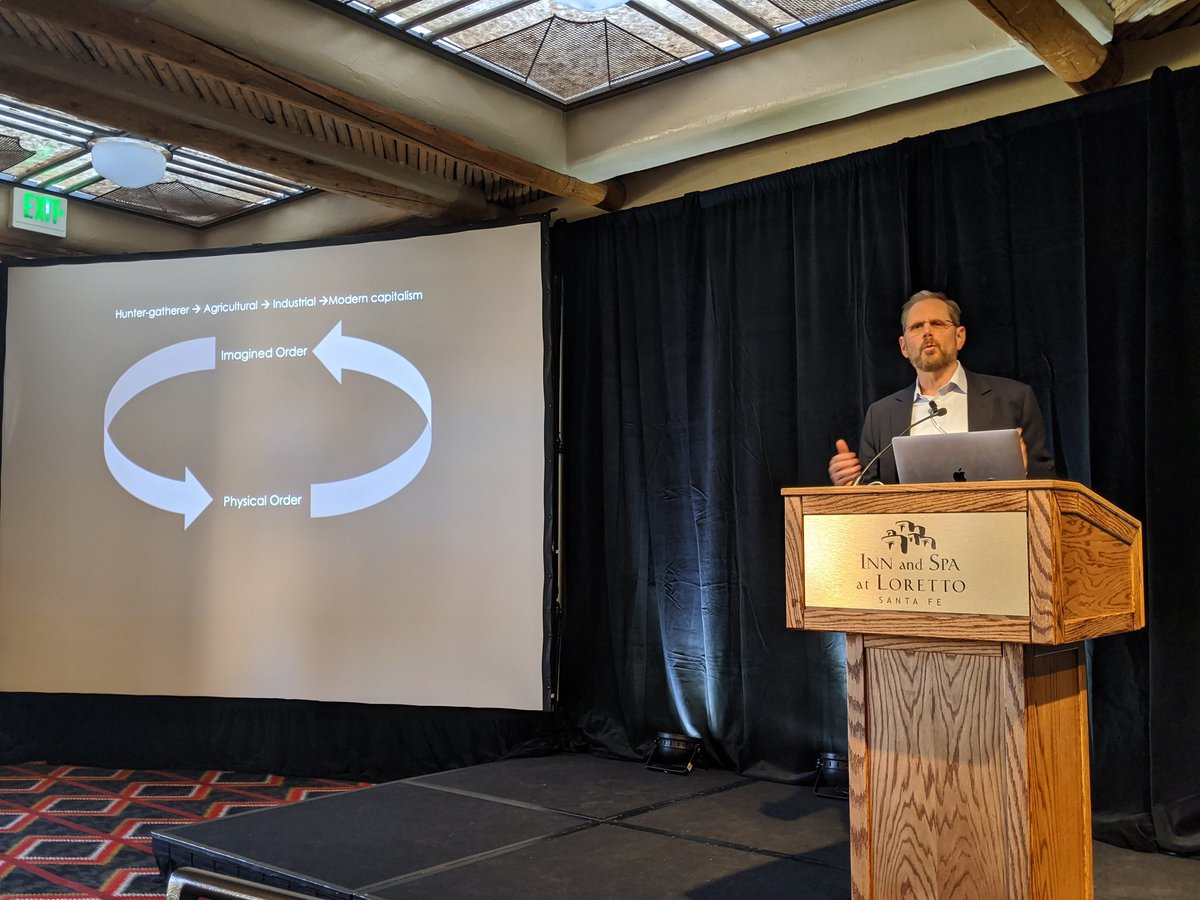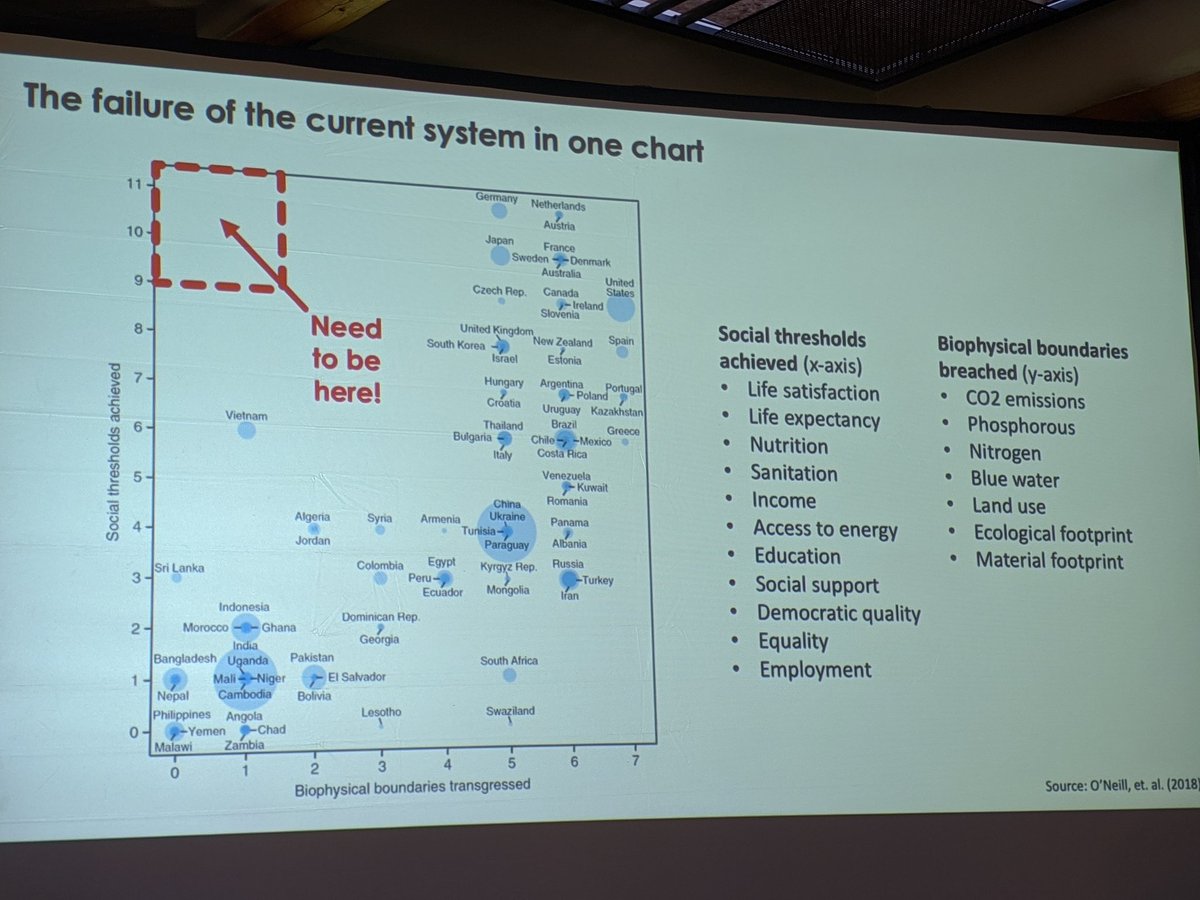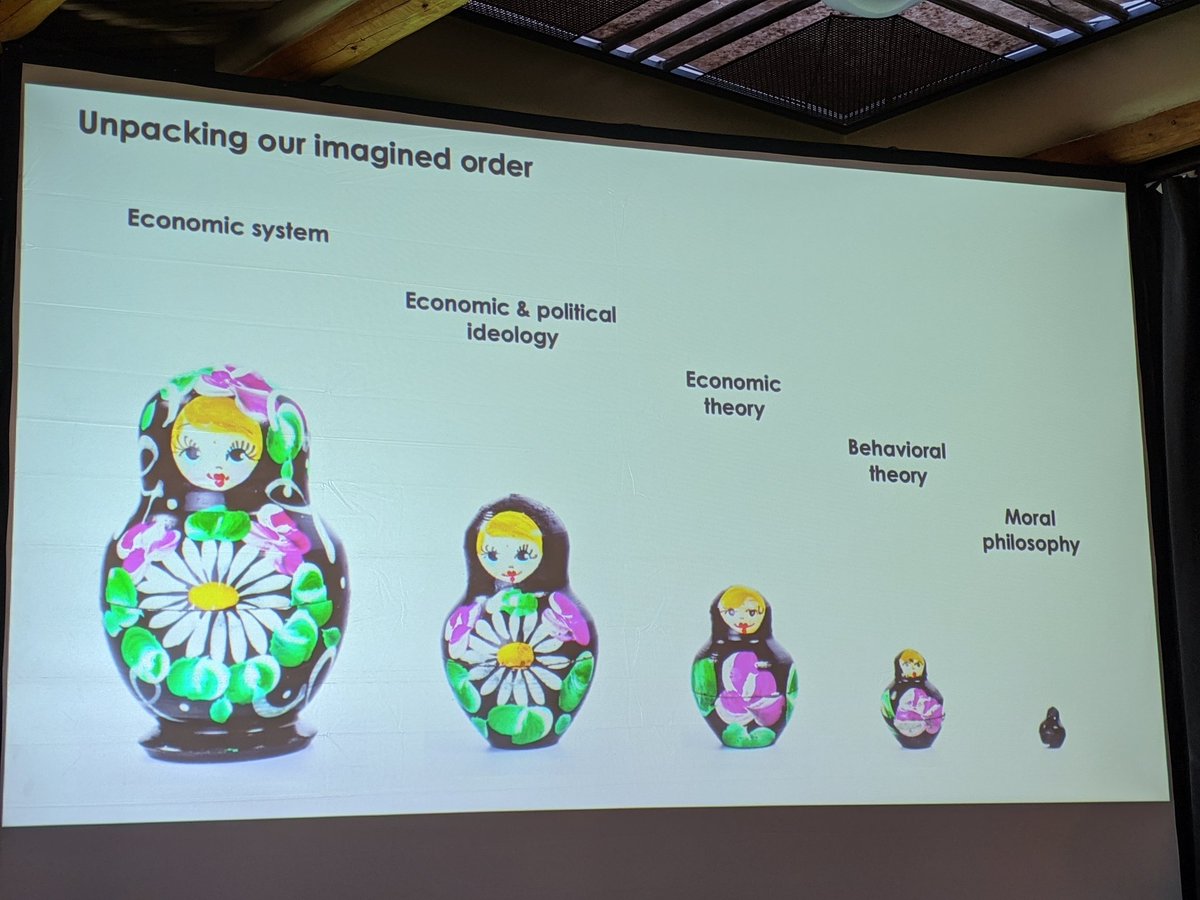This was suggested to me by Ashenfelter in an intrw last June and I think he is definitely right on this point.
Here is a thread commissiond by @Undercoverhist
1/19

and IWER MIT Tribute iwer.mit.edu/about/iwer-pio…
3/


12/
There are actually very few sources, no oral history, no archives, very few traces. The work and life of people like Phyllis Wallace should be the histories we wrote and care about.
end/
and here



















